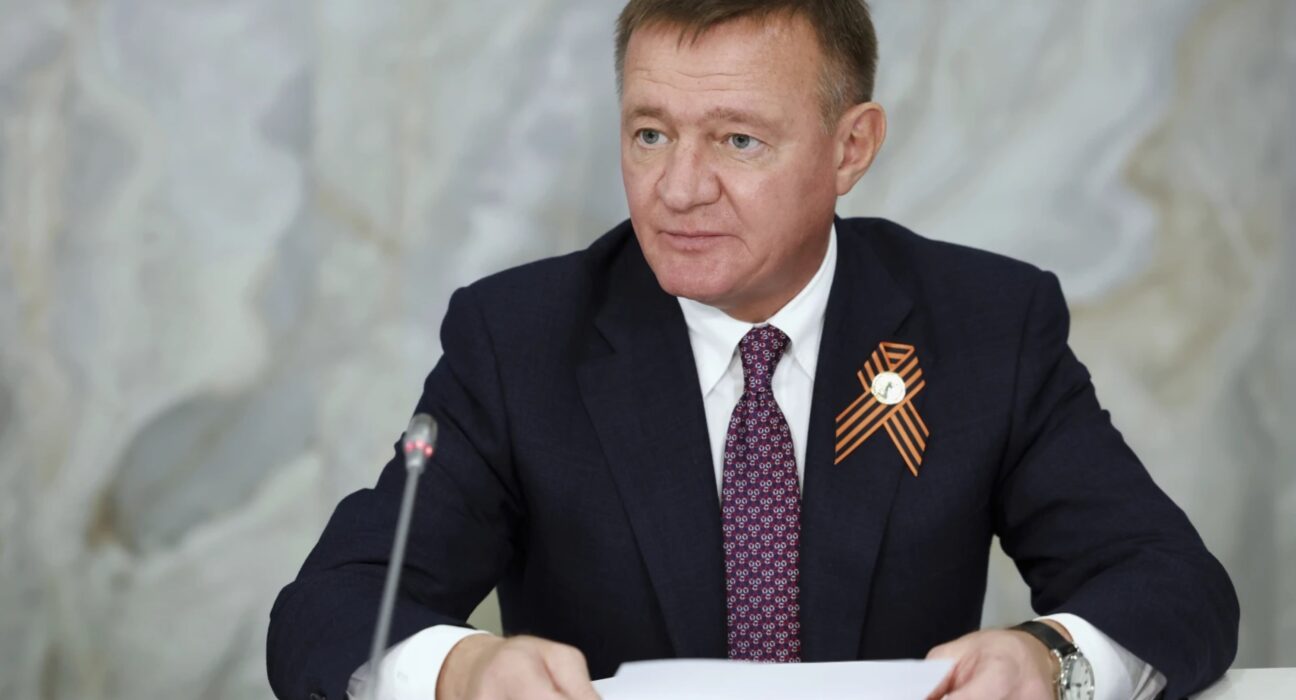The recent suicide of Roman Starovoit, former Russian Minister of Transport, has sent shockwaves through the political landscape. Just hours after President Vladimir Putin fired him, Starovoit tragically took his own life, leaving many questions unanswered and sparking a wave of speculation and investigation.
Starovoit’s abrupt departure from his position raised eyebrows, especially since the Kremlin’s spokesperson, Dmitri Peskov, dismissed any notions of a lack of trust as the reason for his dismissal. The circumstances surrounding Starovoit’s removal remain shrouded in mystery, fueling rumors and theories about the true motivations behind Putin’s decision.
Peskov described Starovoit’s death as “tragic and painful,” expressing the Kremlin’s shock and initiating an investigation to uncover the truth behind this unfortunate event.
The discovery of Starovoit’s body in a vehicle in a Moscow suburb, with a gunshot wound, immediately pointed towards suicide as the primary hypothesis. However, the investigation is ongoing to confirm this theory and delve deeper into the circumstances leading to this tragic end.
The unsettling news of Starovoit’s suicide was compounded by the death of another official from the Ministry of Transport, Andrei Korneichuk, who passed away at his workplace due to a possible acute heart failure. Despite occurring within the same timeframe, there is no evidence linking the two deaths, adding another layer of mystery to these unfortunate incidents.
Starovoit’s career trajectory, from his role as governor of Kursk to his ministerial position, was marked by challenges and controversies. Accusations of misappropriating state funds designated for fortification construction in Kursk added a layer of complexity to his already tumultuous tenure. Reports of an ongoing investigation and potential arrest painted a grim picture of his professional standing.
The timing of Starovoit’s dismissal amid disruptions in the country’s air transportation system added another dimension to the unfolding narrative. Hundreds of flights were canceled, diverted, or delayed, creating chaos and pointing towards external disruptions as the cause.
Simultaneously, escalating tensions between Russia and Ukraine further clouded the situation, with reports of intercepted Ukrainian attacks and accusations of civilian casualties on both sides. The volatile geopolitical landscape added a backdrop of instability to Starovoit’s tragic end, raising questions about the interconnectedness of these events.
Putin’s decision to dismiss Starovoit against this backdrop of turmoil and uncertainty underscored the gravity of the situation and hinted at deeper underlying issues within the Russian political sphere. The ramifications of this incident stretch beyond the individual tragedy, reflecting a broader narrative of power dynamics, accountability, and the delicate balance of political forces at play.
As investigations continue and the aftermath of Starovoit’s death unfolds, the repercussions of this event will reverberate throughout Russian politics, shedding light on the complexities and challenges faced by those in positions of authority. The need for transparency, accountability, and mental health support in high-pressure environments like government service becomes increasingly evident in the wake of such tragic events.
In conclusion, the untimely death of Roman Starovoit serves as a stark reminder of the fragility of human life and the complexities of political power dynamics. As the investigation progresses and more details emerge, the true reasons behind his tragic end may come to light, offering insights into the intricate web of factors that contributed to this unfortunate event.

